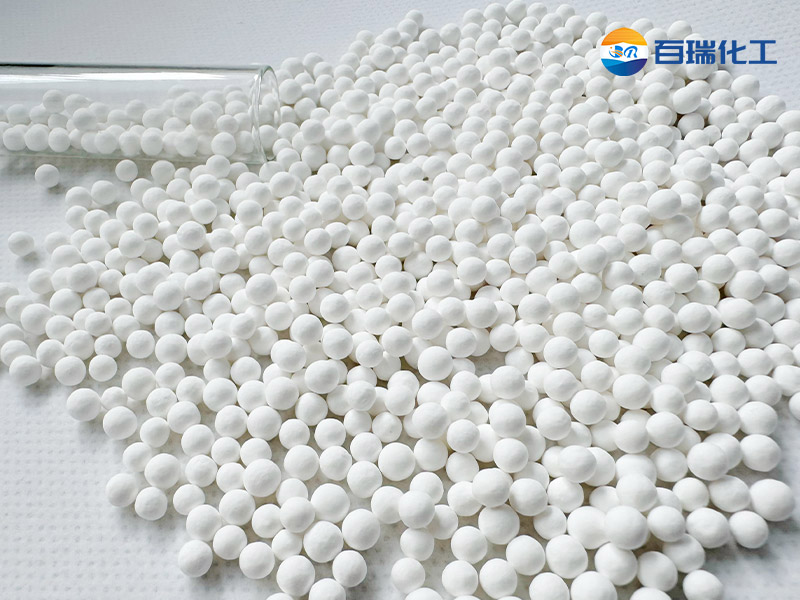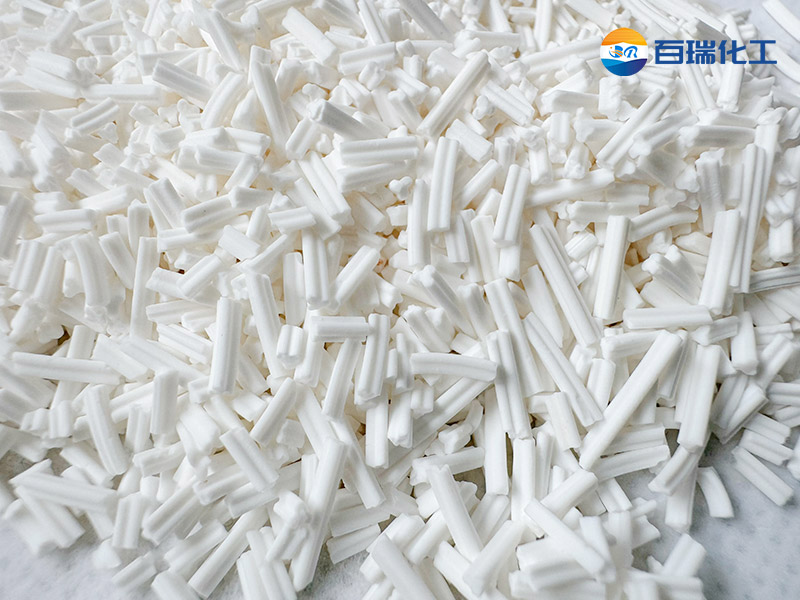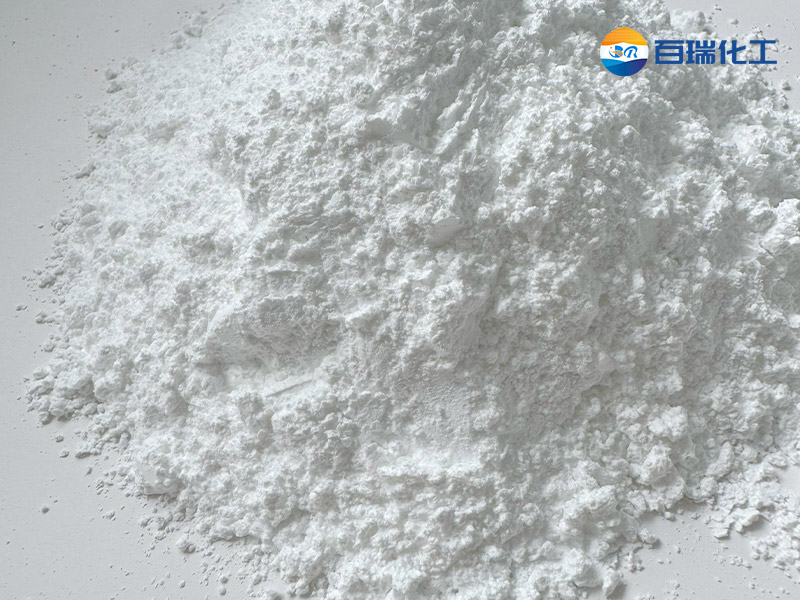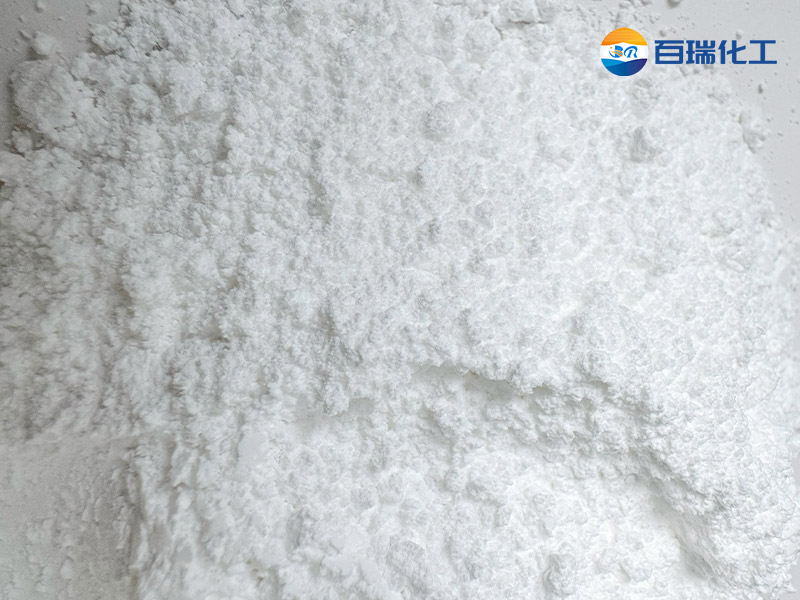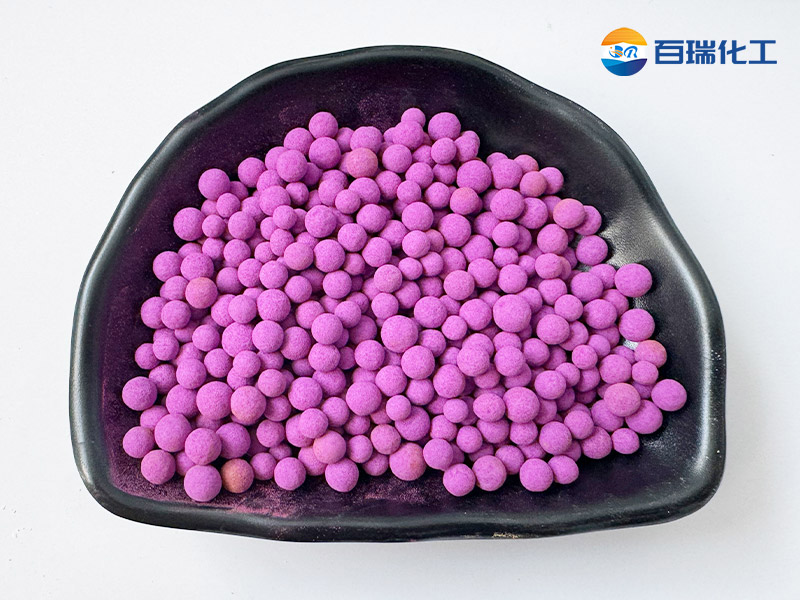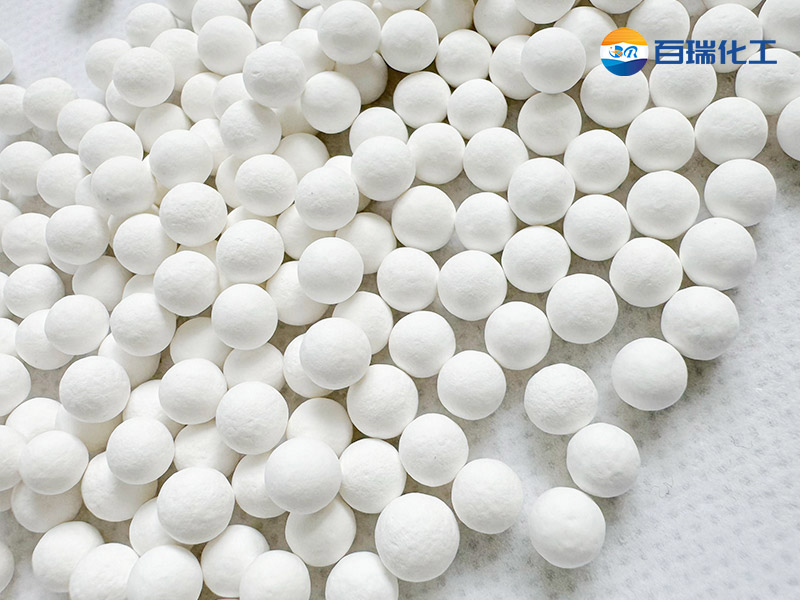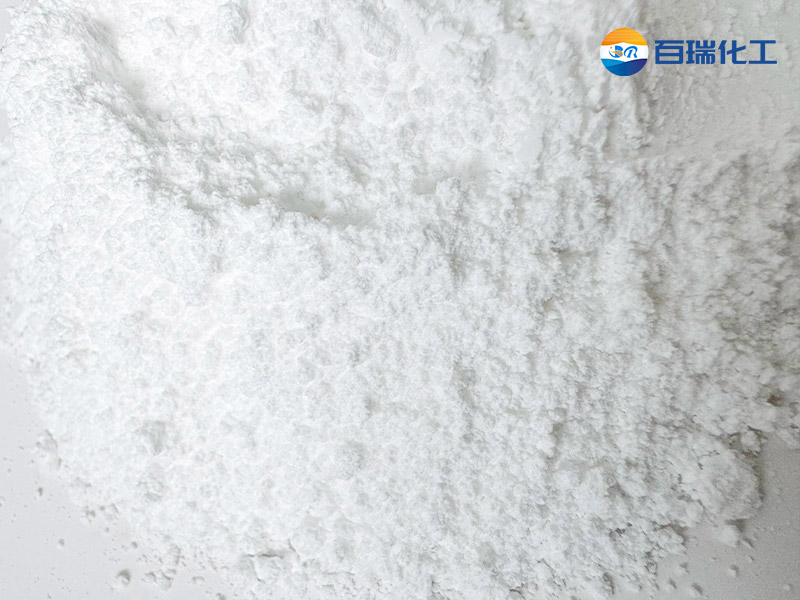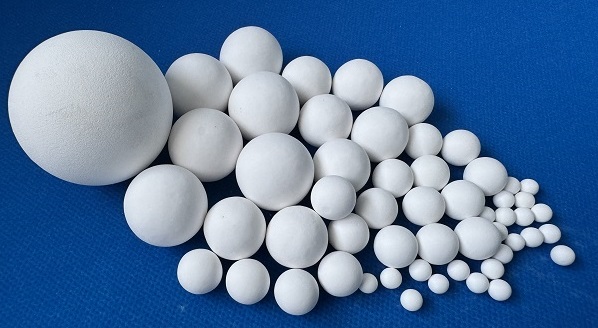Alumina ceramic balls are widely used in various grinding applications due to their unique physical and chemical properties, especially in ball mills, vibrating mills, stirred mills and other equipment. The following are the main reasons why they are used as grinding media:
1. Ultra-High Hardness
Alumina's hardness is second only to diamond and silicon carbide, making it highly effective at grinding most metals, ceramics, minerals, glass, and other materials.
It is suitable for crushing and refining medium-to-high-hardness materials (such as cement, ceramic powder, and lithium battery materials).
2. Excellent Wear Resistance
The high hardness minimizes wear during long-term grinding, reducing wear and tear on the grinding balls and extending their service life.
Frequent grinding ball replacement is avoided, reducing production costs (industrial-grade alumina grinding balls can last up to thousands of hours).
3. Chemical Inertness & High Purity
Alumina is resistant to acid and alkali corrosion and does not react with most materials, preventing sample contamination.
It is particularly suitable for applications requiring high purity (such as electronic ceramics, pharmaceuticals, and lithium battery cathode and cathode materials).
4. High Density & High Grinding Efficiency
Alumina ceramic balls have a higher density than ordinary ceramics, generating stronger impact and shear forces in the ball mill, improving grinding efficiency.
5. High-Temperature Resistance & Thermal Stability
With a melting point as high as 2050°C, it can be used in high-temperature environments.
It will not deform or degrade due to temperature fluctuations.
6. Controllable Size and Shape
Spherical particles of varying diameters can be produced to meet different grinding requirements.
The smooth spherical surface reduces wear on equipment (e.g., preventing scratches on the inner wall of the ball mill).
7. Economical and Environmentally Friendly
Compared to zirconium beads and silicon carbide balls, alumina grinding balls are more cost-effective.
No metal contamination, meeting environmental requirements (e.g., in the food and pharmaceutical industries).
Typical Applications
Laboratory: Grinding ceramic powders and mineral samples in ball mills.
Industrial: Preparation of high-purity powders for coatings, dyes, electronic materials, etc.
Polishing: Used for fine polishing of optical glass or metal surfaces.


